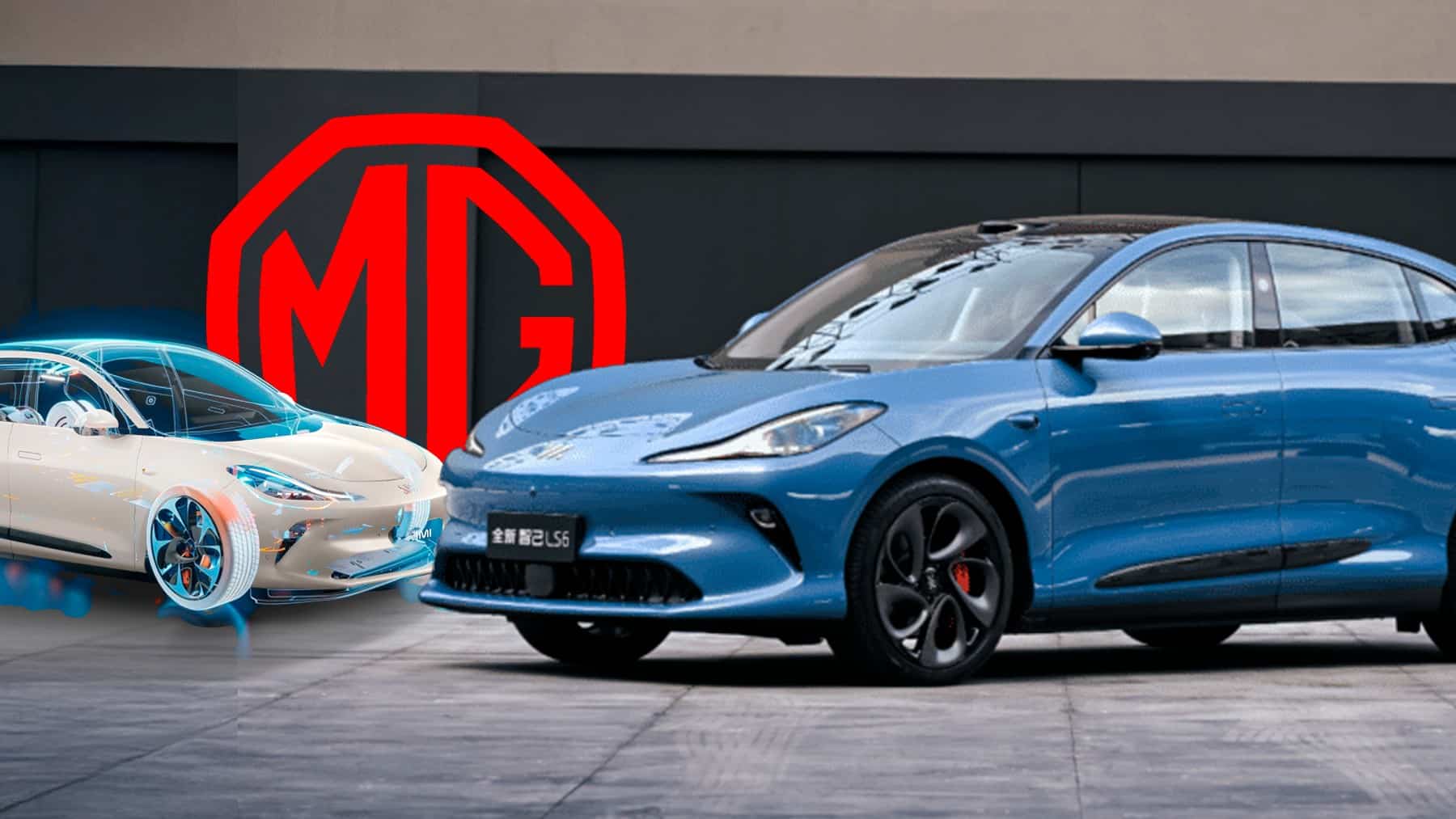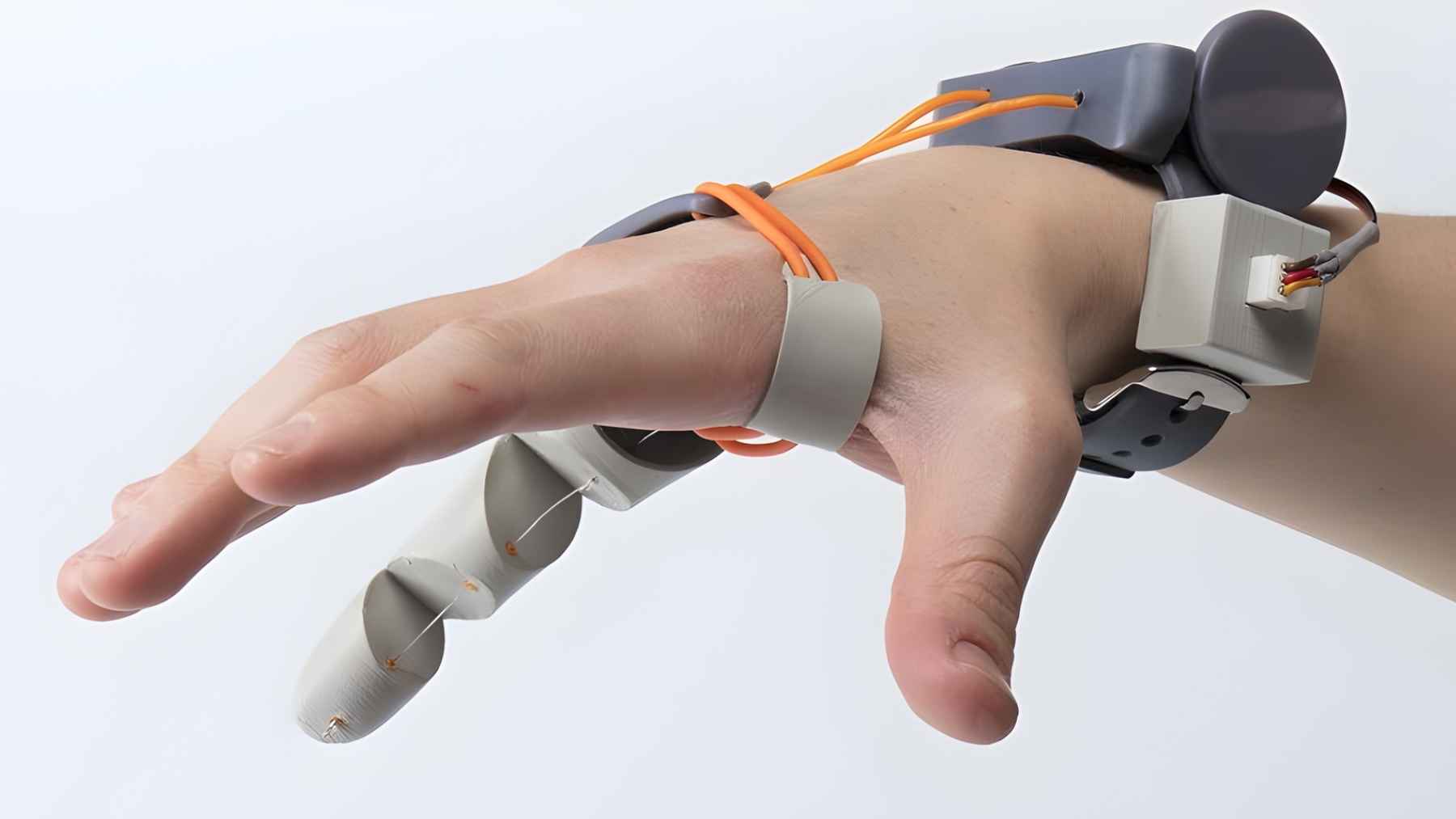As battery-electric technology continues to advance, powerhouse Tesla faces increased competition from around the globe, including China and the UK. Tesla has long been a dominant force on the road when it comes to electric vehicles. While the company has continued to be a favorite for its luxury electric vehicles and futuristic technology, other players are entering the scene to offer electric vehicles that are not only as competitive and advanced but also more affordable for entry-level consumers.
Tesla retains dominance in the US markets, but global competitors are catching up
The Tesla Model Y continues to be the most popular electric vehicle seen on US roads. This year, the company sold over 64,000 Model Y SUVs in the first quarter and over 52,000 Model 3 electric sedans. In terms of total electric vehicle sales, the company sold over 128,000 units in the US market in Quarter One, more than competitors Toyota (5,610), Hyundai (12,843), Honda (9,561), Ford (22,550), Kia (8,656), and Volkswagen (9,564) combined electric vehicle sales.
While Tesla has retained US dominance this year, globally, the competition is shifting. In 2024, the global electric vehicle market grew by nearly 25% compared to 23%, highlighting how the automobile industry is continuing to rapidly expand its electric engine solutions. Chinese electrical vehicle competitor BYD came in at number one in terms of global electrical vehicle sales, a position they have retained since 2022.
Last year, BYD held 22.2% of the market share of electrical vehicle sales, while Tesla came in at just half of that with a market share of 10.3%. While Tesla may remain popular on US roads, the global competition is heating up, and Tesla may be pivoting their brand focus onto other futuristic technologies such as autonomous driving in order to retain dominance amid an increasingly saturated electric vehicle market.
Tesla sees increased competition from China and Britain, with a secret project unveiled
State-owned SAIC Motor from China has continued to rise and become an increasing global competitor on the electric vehicle front (like this brand pursuing autonomous driving hopes to achieve). The new electric MG IM6 recently went on sale in Thailand in March of this year. While MG is a British-origin automobile manufacturer, the company has been acquired by SAIC since 2007, with the majority of vehicles manufactured and produced at SAIC’s plants in China.
The MG IM6, sold as the IM LS6 domestically, features both RWD and AWD drivetrain systems. The RWD is powered by a 216 kW/450 Nm, 248 kW/500 Nm, or 300 kW/500 Nm electric motor with a 75 kWh, 83 kWh, or 100 kWh lithium iron phosphate or ternary lithium battery pack. To contrast, the AWD system produced a maximum output of 579 kW/800 Nm, with a 100 kWh ternary lithium battery pack.
New collaboration between China and Germany
In addition to the Chinese-British automobile partnership, existing since 2007 between SAIC and MG, SAIC and German automobile manufacturer Audi debuted the AUDI E5 Sportback together at the Volkswagen Group Media Night in April of this year. The new electric vehicle is the first model produced by the German vehicle manufacturer in China for their new Chinese-only brand, AUDI, tailored specifically for Chinese consumers in collaboration with SAIC.
“With our new China-only brand AUDI, we are continuing to push boundaries,” says Gernot Döllner, Chairman of the Board of Management of AUDI AG. “The E5 Sportback offers the very best qualities of Audi, reimagined for and tailored to customers in China.”
The new AUDI E5 Sportback brings with it 787 horsepower output in its Quattro version and can accelerate from 0 to 100 km/h in 3.4 seconds. The model includes an 800V ultra-fast charging system that can add 370 kilometers of range within ten minutes. The model will enter the Chinese market in the summer of 205, and two additional models and unique engines to be released in 2026 and 2027. The increased collaboration between automobile manufacturers globally is a step in the right direction towards an electric passenger-vehicle future.
Disclaimer: Our coverage of events affecting companies is purely informative and descriptive. Under no circumstances does it seek to promote an opinion or create a trend, nor can it be taken as investment advice or a recommendation of any kind.















